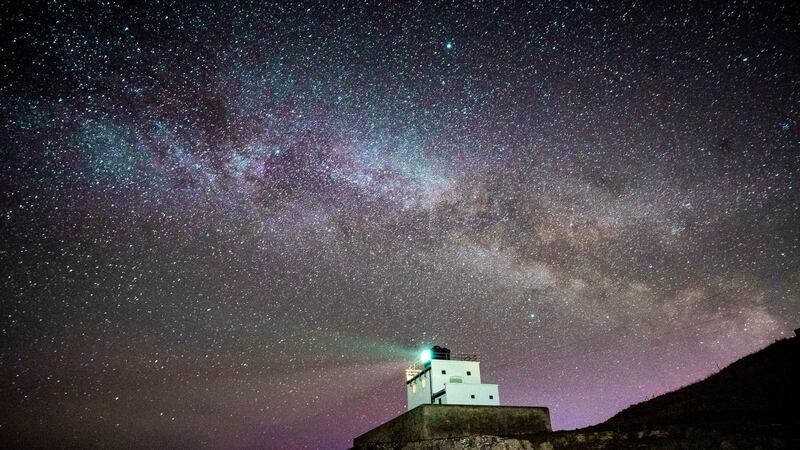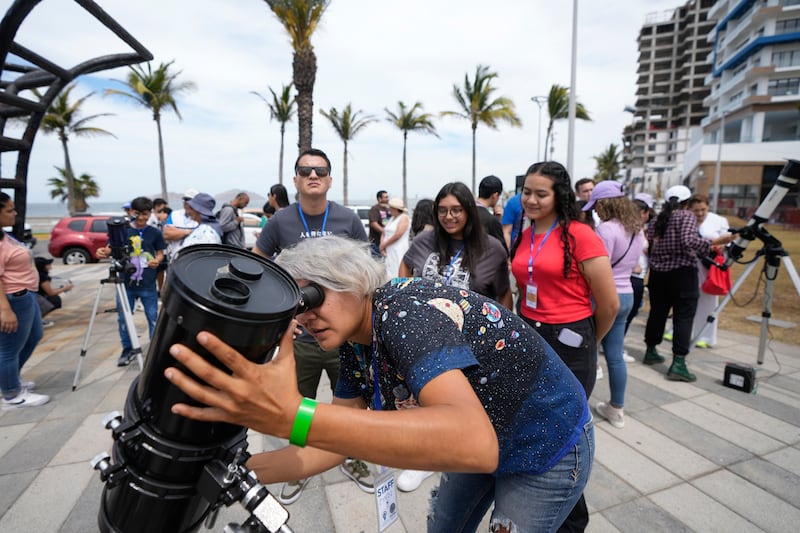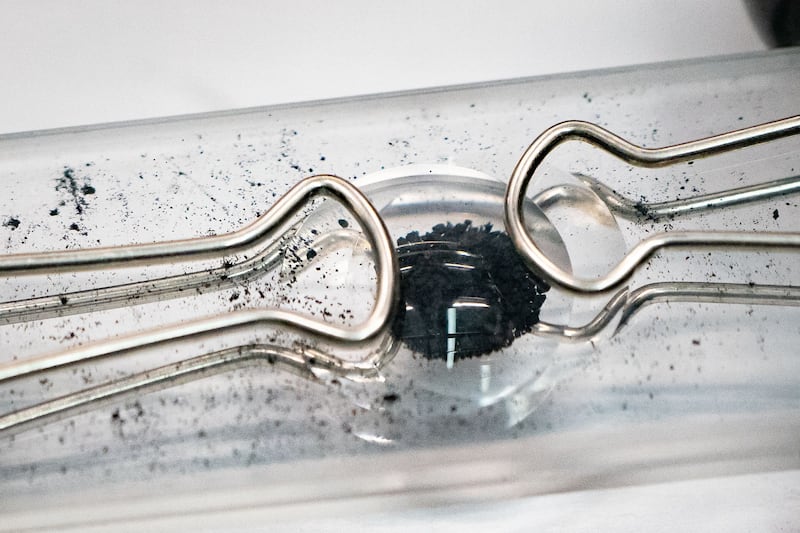A Nasa report into unidentified flying objects (UFOs) has found no evidence that the objects have an extra terrestrial origin.
However, releasing the findings on Thursday, the agency’s administrator Bill Nelson admitted that it was not known what the unexplained sightings were.
He added that new science techniques and artificial intelligence (AI) were needed to better understand what the unidentified anomalous phenomena (UAP), as Nasa calls them, are.
The full report by the unidentified anomalous phenomena report (UAP) independent study team can be found here: https://t.co/RoY8p9ce5l
Based on the team's recommendations, NASA will appoint a director of UAP research. At 10am ET (1400 UTC), we'll livestream a briefing from…
— NASA (@NASA) September 14, 2023
Mr Nelson said the agency wants to “shift the conversation about UAP, from sensationalism to science”, and address some of the stigma around UFOs.
According to the report, produced by an independent team commissioned by Nasa, “the negative perception surrounding the reporting of UAP poses an obstacle to collecting data on these phenomena”.
Mr Nelson said: “The Nasa independent study team did not find any evidence that UAP have an extra terrestrial origin.
“But we don’t know what they are.
“That’s why I’m announcing that Nasa has appointed a Nasa director of UAP research.
“They are being tasked with developing and overseeing the implementation of Nasa’s vision for UAP research.”
However the agency did not identify the person taking up this new role, stating that science “needs to be free”, and citing the harassment and abuse panel members had received online.
Mr Nelson added: “We will use Nasa’s expertise to work with other agencies to analyse UAP.
“We will use AI and machine learning to search the skies for anomalies as we have been searching the heavens and will continue to search the heavens for habitable ability and Nasa will do this transparently.”
Dr Nicola Fox, associate administrator, Science Mission Directorate at Nasa headquarters in Washington, said they wanted the destigmatising of the subject to mean pilots and anyone else felt comfortable making reports.
She told the press conference: “At Nasa we’re scientists, we love data. We love all data.
“And if there is something that needs to be reported, we want people to be able to feel that they can report that .”
The study has shed light on how the agency can contribute to ongoing efforts to further the study observations of events in the sky that cannot be identified as balloons, aircraft, or as known natural phenomena from a scientific perspective.
Among other things, recommendations include using state-of-the-art technology and advanced satellites to better analyse reports of UFOs.
It also says that engaging the public is a “critical” aspect of understanding the objects.
The report sets out: “Nasa, by lending its name to UAP studies, is already helping to reduce stigma associated with reporting.
“Beyond this, we recommend that Nasa explore the viability of developing or acquiring a crowdsourcing system, such as open-source smartphone-based apps, to gather imaging data and other smartphone sensor data from multiple citizen observers as part of a wider effort to more systematically gather public UAP reports.”
Nasa said the report looked at publicly available information and data, and did not analyse any classified information, so that the findings could be openly discussed.








